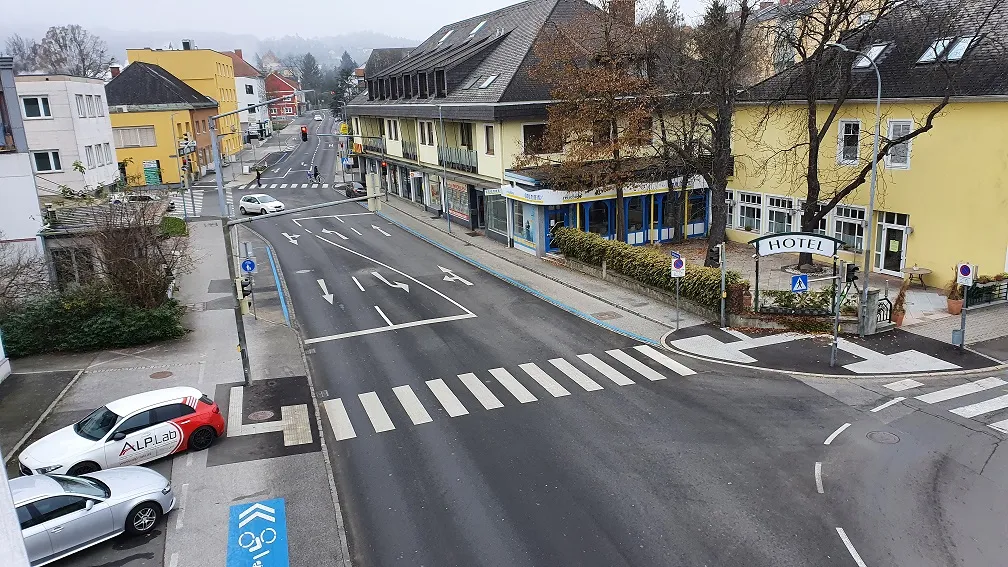Western Australia is to trial a driverless and fully electric shuttle bus later this year. Developed by NAVYA SAS, a French company specialising in intelligent transport systems, the shuttle bus can transport up to 15 passengers and has a maximum speed of 45kmh with an average speed of 25kmh
Announcing the trial, Transport Minister Dean Nalder said the Department of Transport was working closely with the RAC to ensure compliance with road and vehicle safety standards while they trialled an autonomous sh
February 11, 2016
Read time: 2 mins
Western Australia is to trial a driverless and fully electric shuttle bus later this year. Developed by NAVYA SAS, a French company specialising in intelligent transport systems, the shuttle bus can transport up to 15 passengers and has a maximum speed of 45kmh with an average speed of 25kmh
Announcing the trial, Transport Minister Dean Nalder said the Department of Transport was working closely with the RAC to ensure compliance with road and vehicle safety standards while they trialled an autonomous shuttle bus.
"It is not a matter of if this technology will come to WA, but when it will, and that time is fast approaching. Initially, the trials will be conducted at RAC's driving centre, but eventually the shuttle will take to Perth roads," Mr Nalder said.
The Minister said the Department of Transport was working with the RAC to identify the routes on Perth roads where the trials would take place. These types of vehicles are being tested and trialled in other countries and have autonomous features such as radar cruise control and lane detection warning systems. They also have multi-sensor technology, providing 3D perception that allows it to map the environment, detect obstacles on the road and interpret traffic signs
"To ensure we are working towards providing the best integrated and intelligent transport services and solutions for the State, it is important to trial new innovative modes of transport, and this is one of those modes," Nalder said.
Announcing the trial, Transport Minister Dean Nalder said the Department of Transport was working closely with the RAC to ensure compliance with road and vehicle safety standards while they trialled an autonomous shuttle bus.
"It is not a matter of if this technology will come to WA, but when it will, and that time is fast approaching. Initially, the trials will be conducted at RAC's driving centre, but eventually the shuttle will take to Perth roads," Mr Nalder said.
The Minister said the Department of Transport was working with the RAC to identify the routes on Perth roads where the trials would take place. These types of vehicles are being tested and trialled in other countries and have autonomous features such as radar cruise control and lane detection warning systems. They also have multi-sensor technology, providing 3D perception that allows it to map the environment, detect obstacles on the road and interpret traffic signs
"To ensure we are working towards providing the best integrated and intelligent transport services and solutions for the State, it is important to trial new innovative modes of transport, and this is one of those modes," Nalder said.









